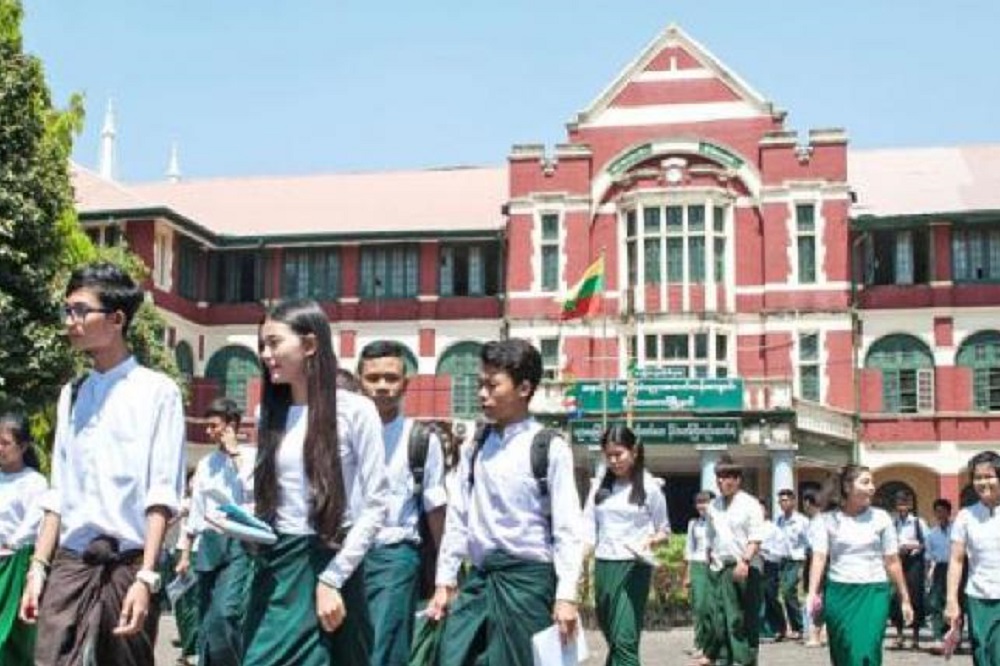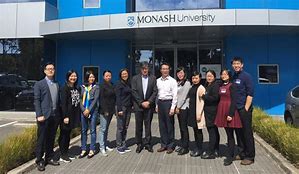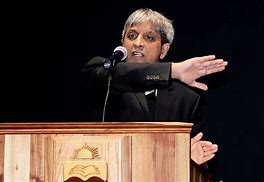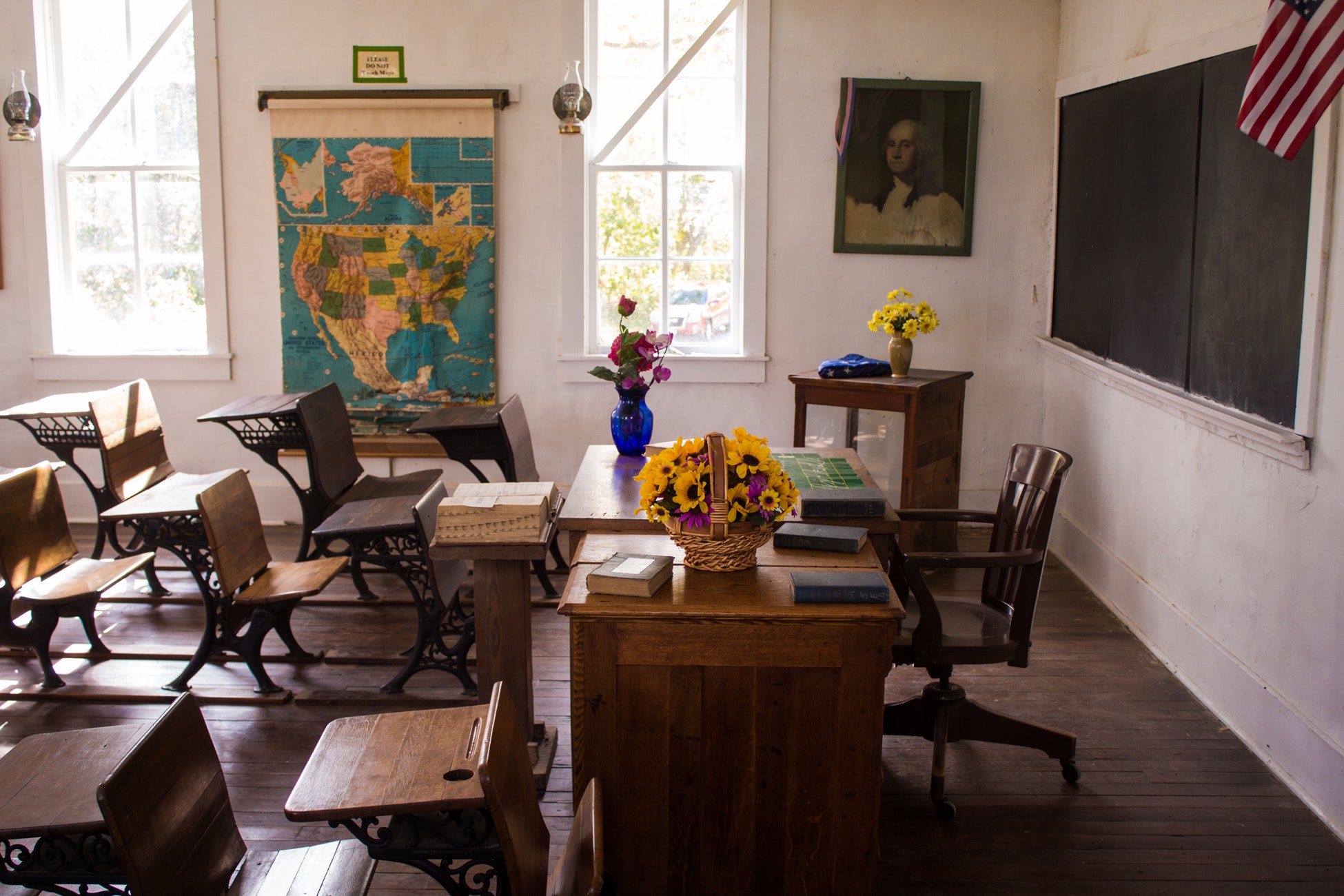The World Bank’s Board of Executive Directors has approved $100 million for a new education project that would improve access to and quality of primary education nationwide in Myanmar.
The education project, according to the World Bank announcement, is being financed by a credit from the International Development Association (IDA) and will be implemented over four school years.
The project builds on and extends the geographic scope of the work done under the ongoing Decentralizing Funding to Schools Project, supported by the World Bank since 2014.
That World Bank project has to date reduced the burden of fees for the parents and guardians of more than 9 million students through direct funding to all Ministry of Education schools for their operations.
It has additionally provided extra stipends to more than 200,000 poor and disadvantaged students, helping them to stay enrolled through middle and high school.
Acting World Bank Country Director for Myanmar, Gevorg Sargsyan, explained that providing quality education for all will be critical for poverty reduction, fostering human capital, and building a more peaceful and prosperous future for the entire country.
He said:
It will be particularly important to reach children who have dropped out, migrant children and internally displaced children, and bring them back into school, which is why the new project puts a special emphasis on reaching the most marginalized children.
The World Bank project
The World Bank project is known as the ”Inclusive Access and Quality Education’ (IAQE) project.
It is aimed at providing access to, and better quality of primary education nationwide and also take a national and a focused approach, covering all states and regions and supporting programs to reach out to schools across the country.
The World Bank project also places greater emphasis on social inclusion and support to conflict-affected areas.
More than 70 percent of the financing will be channeled to Myanmar’s most disadvantaged townships, with a particular focus on the most under-performing schools and teachers within these townships.
The IAQE project will also support strengthening the efficiency of the education system. Through improved public financial and human resource management and technical support to the Ministry of Education. It will closely monitor implementation across the country.
Notably, apart from the IDA credit, the IAQE project will also be supported by $70 million from the Global Partnership for Education and $10 million from the European Commission.
Closing the gap in education access
According to the Myanmar education ministry, the World Bank project has been helpful on a national level.
However, there continue to be significant gaps in educational attainment and access. About one-third of students at grade 3 level are unable to read fluently with comprehension or solve fundamental age-appropriate mathematical problems, and most students continue to drop out before the age of fourteen.
Moreover, education outcomes are unequally distributed and are particularly poor for children from disadvantaged social and economic backgrounds, minority ethnic groups, and communities living in conflict-affected areas.







